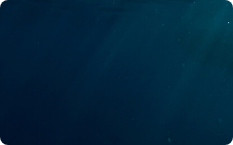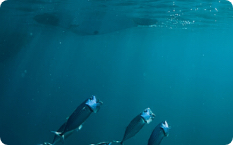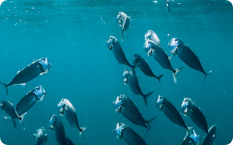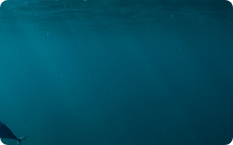On the 12th of December, 2024 EMBRC-BE and VAP organize a symposium that brings together various stakeholders including scientists, political, industrial and non-governmental parties to explore the horizon of ecological sustainable marine aquaculture, uncovering both its threats and opportunities.
Context
Marine aquaculture stands at the forefront of addressing the increasing global demand for seafood while presenting a range of ecological and social challenges. The symposium aims to illuminate the intricate balance between sustainable use of marine resources and the potential risks associated with this rapidly evolving aquaculture industry. The symposium will cover:
Ecological Considerations: What are the environmental impacts of marine aquaculture and what are strategies to enhance biodiversity, water quality, and ecosystem integrity?
Ecological Sustainability in Focus: What are best strategies and good practices that promote sustainable marine aquaculture, mitigate negative impacts, while ensuring the preservation of our oceans for generations to come?
The following thematic sessions will take place
- Aquaculture in Open Sea: Identify the challenges and possibilities of open-sea aquaculture and explore the practices shaping the sustainable cultivation of marine species.
- Land-Based Aquaculture: Discuss the intricacies of land-based aquaculture. Examine the threats and opportunities in this segment of the industry.
- Restorative Aquaculture: Present approaches that integrate aquaculture practices into environmental conservation and coastal resilience strategies.
- Belgian initiatives in a context of ecological sustainable aquaculture
The symposium takes place at Marifish in Oostende. Participation in the symposium is free but registration before November 29th, 2024 is mandatory. Register here. For more information feel free to contact embrc@ugent.be.
Programme
9:00 Registration
9:30 Introduction
10:00 Opening keynote
10.30 - 11.00 Coffee break
11:00 Sustainable aquaculture in open sea
12:00 Land based aquaculture: a sustainable alternative for marine-based aquaculture?
12:45 - 14:00 Lunch
14:00 Restorative aquaculture
15:00 Belgian initiatives in a context of ecological sustainable aquaculture
15:45-16:15 Coffee break
16:15 Panel discussion
17:00 Closing of the event
17:15 Network reception

















